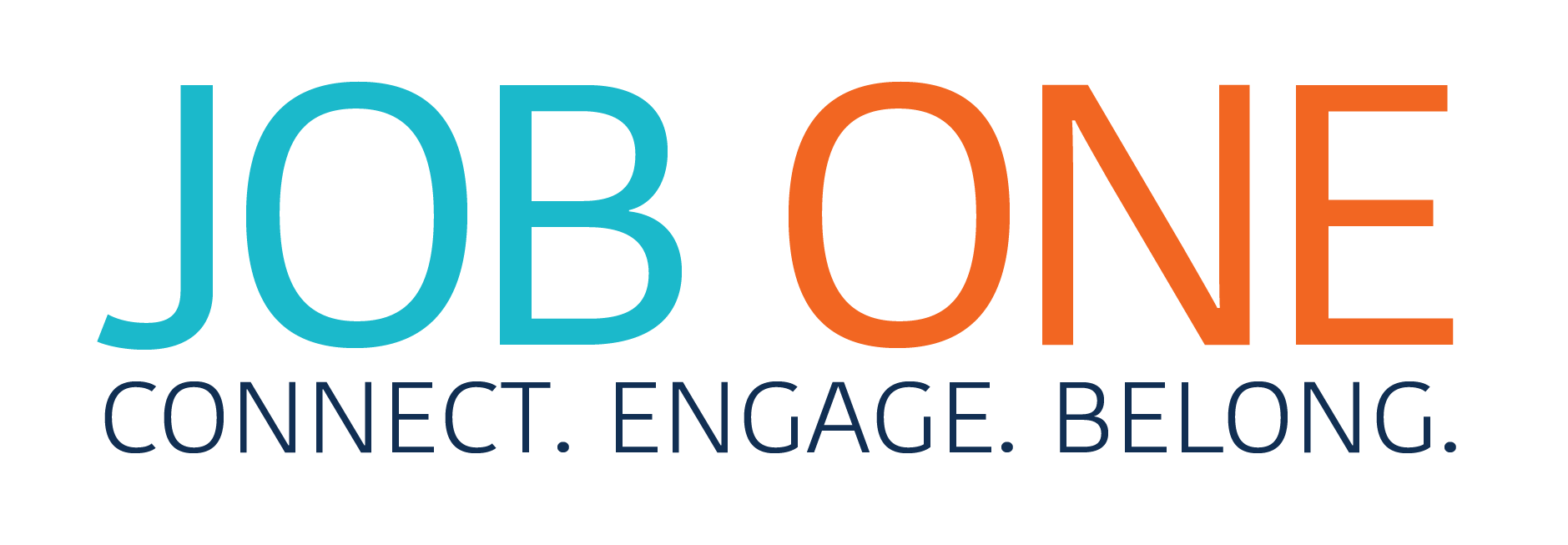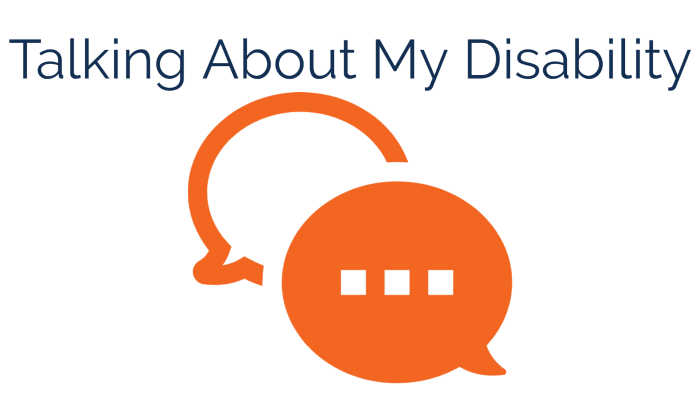One of the most personal decisions you will make as a person with a disability is whether or not to tell someone about your disability. The choice to talk about your disability is yours and yours alone.
When making important decisions in life, it is important to make informed choices. An informed choice is the process of making a decision after considering relevant facts and weighing the pros and cons (positives and negatives) of the decision (NCWD, 2005). While some choices in life must be made without being able to gather all of the information needed, it is important to have as much information about our choices as we can. When you make these informed choices, you become a self-determined person!
Self-determination is the desire, ability, and practice of directing one’s own life (NCWD, 2005).
A self-determined person can:
- Set goals,
- Make decisions,
- See options,
- Solve problems,
- Speak for themselves,
- Understand required supports,
- Evaluate their outcomes (Martin & Marshall, 1996).
Self-determined people accept themselves, respect themselves, and value themselves for who they are and what they have to offer to others (NCWD, 2005).
Disclosing Your Disability
Disclosure means sharing information or facts with someone that were previously unknown to them. When you disclose, you are intentionally releasing personal information about yourself for a specific purpose.
REMEMBER: It is NOT essential to share personal information about your disability! IT IS YOUR CHOICE!
If I Decide to Disclose, What Should I Share about My Disability?
1) How your disability affects your capacity to learn and perform effectively (at your best), and
2) The environment, supports, and services you’ll need in order to access, participate in, and excel in your job, studies, and community.
Make an Informed Choice about Disclosure
When deciding whether or not you will disclose personal information about your disability, it is important to consider the positives and negatives surrounding disclosure. You can also talk with someone you trust before disclosing. Here are just a few pros and cons to consider before disclosing your disability.
Advantages of disclosure:
- It allows you to receive reasonable accommodations so that you can pursue work, school, or community activities more effectively.
- It provides legal protection against discrimination (as specified in the Americans with Disabilities Act).
- It reduces stress, since protecting a “secret” can take a lot of energy.
- It gives you a clearer impression of what kinds of expectations people may have of you and your abilities.
- It ensures that you are getting what you need in order to be successful (for example, through an accommodation or medication).
- It provides full freedom to examine and question health insurance and other benefits.
- It provides greater freedom to communicate should you face changes in your particular situation.
- It improves your self-image through self-advocacy.
- It allows you to involve other professionals (for example, educators and employment service providers) in the learning of skills and the development of accommodations.
- It increases your comfort level.
Disadvantages of disclosure:
- It can cause you to relive bad past experiences that resulted in the loss of a job or negative responses from your peers.
- It can lead to the experience of exclusion.
- It can cause you to become an object of curiosity.
- It can lead to your being blamed if something doesn’t go right.
- It can lead to your being treated differently than others.
- It can bring up conflicting feelings about your self-image.
- It can lead to your being viewed as needy, not self-sufficient, or unable to perform on par with peers.
- It could cause you to be overlooked for a job, team, group, or organization.
- Disclosing personal and sensitive information can be extremely difficult and embarrassing.
Resources
“Disability Disclosure.” Job Accommodation Network, 2020
Martin, J. E., Marshall, L. H., Maxson, L., & Jerman, P. (1996). Self-directed IEP. University of Colorado.
National Collaborative on Workforce and Disability. (2005). The 411 on Disability Disclosure Workbook. Washington, DC: Institute for Educational Leadership

